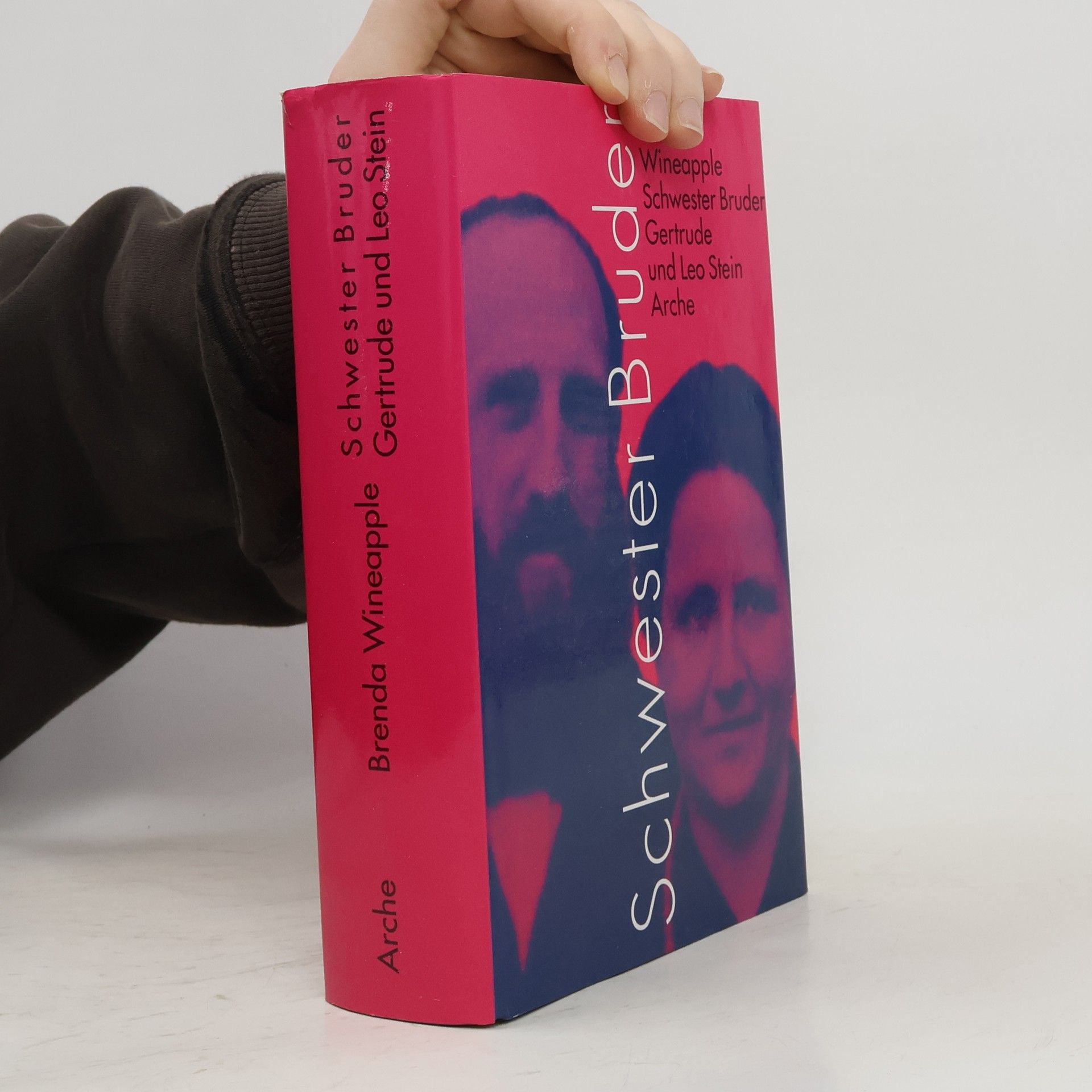Schwester Bruder
- 655 Seiten
- 23 Lesestunden
Brenda Wineapple ist eine preisgekrönte Autorin, die für ihre scharfsinnigen literarischen Biografien gefeiert wird. Ihre Werke zeichnen sich durch ein tiefes Verständnis für ihre Subjekte und deren Schaffensprozesse aus. Wineapple taucht tief in die komplexen Zusammenhänge zwischen Leben und Kunst ein und deckt die Nuancen auf, die künstlerische Werke prägen. Ihre Essays und Kritiken erschienen in zahlreichen renommierten Publikationen, was ihre intellektuelle Tiefe und ihren anspruchsvollen literarischen Ansatz unterstreicht.





The mid-nineteenth century in America was marked by ambition and expansion, as the nation sought new territories and technological advancements while grappling with the moral dilemma of slavery. Award-winning historian Brenda Wineapple delves into this tumultuous period, highlighting the emotional and ideological conflicts that led to a devastating civil war. The narrative captures the transformation of the country from a loose confederation into a unified nation, emphasizing the profound costs of this evolution in ideals of freedom and justice.
Set against the backdrop of the 1925 Scopes trial in Dayton, Tennessee, this account delves into the clash between science and religion, embodied by the defense attorney Clarence Darrow and the fundamentalist prosecutor William Jennings Bryan. The trial, a media spectacle, highlighted deep divisions in American society regarding race, class, and faith. Historian Brenda Wineapple vividly chronicles the ambitions and ideologies of both men, exploring themes of individual freedom, religious intolerance, and the cultural battles that defined an era.
When Abraham Lincoln was assassinated, Vice-President Andrew Johnson became 'the Accidental President' during a perilous time in America. Congress grappled with how to reunite the nation, debating the reintegration of the secessionist South, punishment for former Confederates, and voting rights for black men. Many white Southerners, devastated by war and resorting to violence, sought to restore a pre-Civil War society, albeit without slavery, and Johnson appeared to align with their aspirations. Exercising unchecked executive power, he ignored Congress, pardoned rebel leaders, promoted white supremacy, opposed civil rights, and deemed Reconstruction unnecessary. Congress was left to confront a president who acted as if he were a king. Through extensive research and profound insights, Brenda Wineapple vividly portrays this crucial period in American history, marked by the first impeachment of a sitting president. She brings to life the remarkable figures involved in this struggle: the obstinate Johnson and his supporters, including the complex Secretary of State William Seward, alongside visionaries like Thaddeus Stevens, Charles Sumner, Frederick Douglass, and Ulysses S. Grant. Their efforts represented a last-ditch, patriotic, and constitutional attempt to realize the Civil War's goals and create a free, fair, and unified Union.